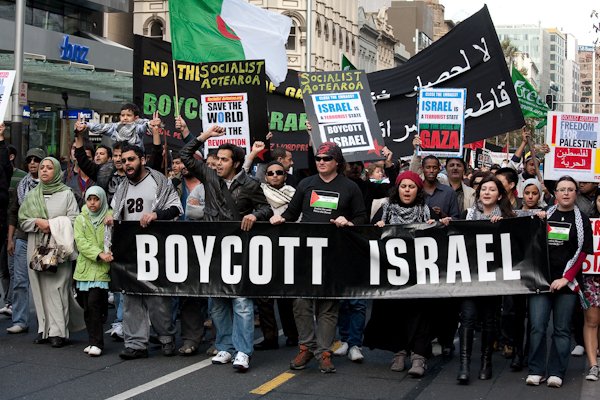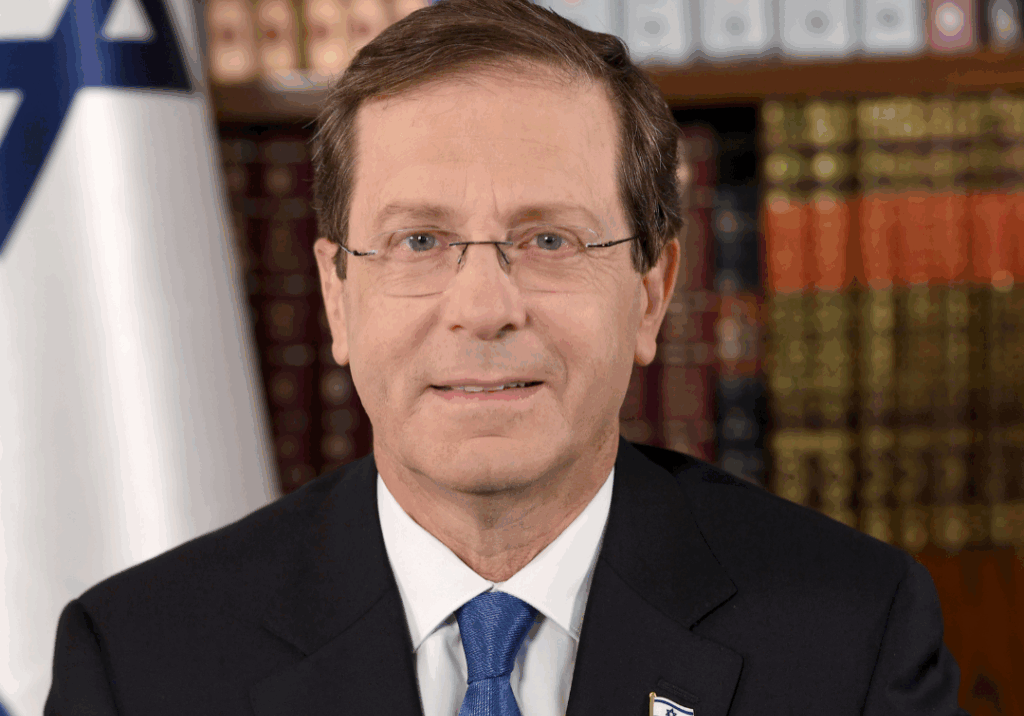Australia/Israel Review
AIR New Zealand: Room for improvement
May 7, 2018 | Miriam Bell

Break out the champagne, light the fireworks! Israel is turning 70 and the very fact of its existence in the face of overwhelming odds and ongoing threats deserves celebration – let alone its stellar achievements over the past seven decades.
But while anniversaries are a time for celebration, they are also a time for reflection. So it seems an appropriate time to step back and consider the significance of Israel to the New Zealand Jewish community at this point in time.
When talking to community representatives, the continuing importance of Israel to Jewish New Zealanders is inescapable. They cite deep-rooted religious and historic links, family connections, and growing business and academic interests as evidence of this. But they also see Israel as being an intrinsic part of the community’s Jewish identity and a unifier, whether people are orthodox, reform, secular or atheist.
There is another layer to this. New Zealand Jewish Council spokesperson Juliet Moses thinks that many in the community see Israel being increasingly delegitimised, as well as a frightening growth in antisemitism. “That results in a real sense of solidarity with our fellow Jews in the diaspora and in Israel, and a deepening love and respect for Israel. There are many proud Zionists in the community who are willing to stand up and work tirelessly for Israel.”
Despite this, she is worried about some of the younger generation who, in line with a worldwide trend, have some feelings of ambivalence for Israel or are conflicted about it.
“They are perhaps confusing Israel’s government, policies etc that they may not like with its very right to exist as a Jewish state.”
Zionist Federation NZ President Rob Berg agrees. He says that as Israel becomes more established and younger generations are more distanced in time from the early history of the state, Israel’s vulnerability seems to be less understood.
“Israel becomes judged in the same context as a country such as New Zealand, which has never had to worry about its continued existence. With trial by social media a factor, less confident and younger Jews are more cautious about publicly declaring their support [for] Israel for fear of being shunned.”
The nature of New Zealand’s relationship with Israel complicates the situation. The two countries have very long-standing ties and New Zealand was an early supporter of Israel, voting for the 1947 UN partition resolution and recognising the State of Israel in January 1949. Yet the relationship has seen its fair share of ups and downs, such as the passport scandal in 2004.
Israel Institute of NZ director David Cumin says New Zealand’s recent voting record at the United Nations – notably its co-sponsorship of UN Security Council Resolution 2334 and vote against recognising Jerusalem as Israel’s capital – has put a strain on relations. “Even though Israel’s Ambassador has now returned to New Zealand [after being briefly recalled to Israel], New Zealand does not look like they will support Israel at the United Nations against a disproportionate number of polemic[al] resolutions.”
While the appointment of NZ First leader Winston Peters, who is considered to be supportive of Israel, to the roles of both deputy prime minister and foreign minister in the new government was seen as promising, to date it has not made a noticeable difference. Additionally, the Green Party, a supporting partner in the governing coalition, has two MPs, including new co-leader Marama Davidson, who are very openly antagonistic to Israel.
In the view of one of the community’s elder statesman, David Zwartz, this all means that the New Zealand-Israel relationship is not currently in a great state. He says critics of Israel seize on high-profile events like the recent conflicts with Gaza to blame Israel for everything and champion Israel’s enemies as the “deserving underdogs”.
This is a remarkably destructive situation, based on falsehoods and double standards, Zwartz says. “In spite of Israel’s outstanding economic, social, scientific and technological achievements, and what Israel contributes to the world at large, New Zealanders are being fed slanderous anti-Zionism which (for example) promotes Murray McCully’s deviousness at the UN Security Council as courageous righteousness.”
But none of the community representatives were truly pessimistic about the future.
Most also spoke about the support for Israel from outside the Jewish community – including in the Christian community and in other ethnic communities like the Pacific and Indian ones. Cumin pointed to a recent Israel Institute survey which showed that a majority of New Zealanders actually support Israel.
Further, despite the lukewarm political relationship, good trade relations remain in place and there are a range of exciting business initiatives and working partnerships underway across different industries, including technology and film.
A final reason for optimism is the development of new and vigorous community initiatives in the advocacy space. These include the Israel Institute and “Shalom Kiwi” which are working to bring balance, truth and positivity into New Zealand’s public and political discourse around Israel.
Such initiatives, along with functioning community organisations and strong leaders, give the New Zealand Jewish community the ability to overcome an historic tendency to “keep its head down,” Zwartz says.
Tags: Israel, New Zealand






